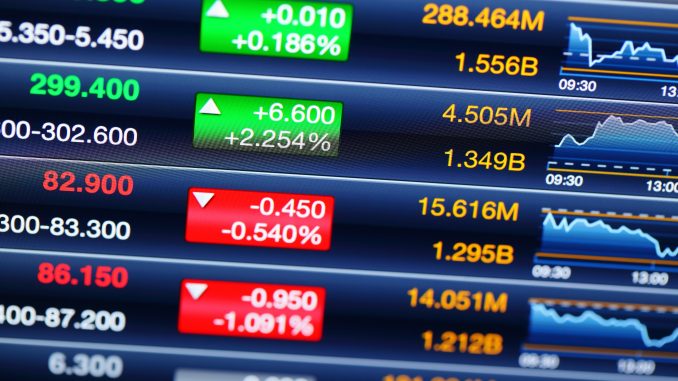
Reasons for undervaluing and overvaluing stocks.
Capital markets are where stocks are sold and bought by mutually agreeing parties and it can be termed as three-fold.
 To act as the primary market by bringing together investors of capital and those in need of raising capital. This is usually done either through issuing of bonds or issuing of stocks, making the buyer a shareholder of the company. The primary markets makes capitalism effective, making the money reach a more productive and industrious destination, and with time, uplifting the standards of living for the parties involved.
To act as the primary market by bringing together investors of capital and those in need of raising capital. This is usually done either through issuing of bonds or issuing of stocks, making the buyer a shareholder of the company. The primary markets makes capitalism effective, making the money reach a more productive and industrious destination, and with time, uplifting the standards of living for the parties involved.
To act as a secondary market whereby current stock and bond holders can dispose off these assets in order to raise cash. Secondary markets have a positive impact on the primary markets because they boost the confidence of investors to use their portfolio as a way of remaining liquid.
To create an outsourcing opportunities for those willing to invest in capital markets while at the time afford time to be fully committed to their core business. This is available through the dealer-broker arrangement, where it can either be an individual or an investment advisor, both of which must be registered and licensed. These outsourcing firms are bound by fiduciary duty to have the client’s interest on top of their own firm’s interest.
The fluctuations of stock prices occur in the secondary markets. This is where either they are overvalued or undervalued. The secondary share investors selling amongst themselves will raise or lower the value of stocks in the current market based on several factors.
 Those interested in purchasing the stocks declare their buying price, commonly referred to as Bid. Those willing to sell their stocks declare their selling price, referred to as the Ask. A market maker facilitates the trading activity between the two parties. When the buyer and seller reach a consensus on the price, that cost is termed as the market value.
Those interested in purchasing the stocks declare their buying price, commonly referred to as Bid. Those willing to sell their stocks declare their selling price, referred to as the Ask. A market maker facilitates the trading activity between the two parties. When the buyer and seller reach a consensus on the price, that cost is termed as the market value.
The school of thought commonly referred to as efficient market theory holds that the current or quoted value of stocks in the capital markets is the true and actual value of that particular stock or share. This does not make any forthwith sense. Over the years, the theologians in this school of thought have had slight change on mind on this concept. The truth of the matter is, companies registered and trading in the capital markets usually trade with either overstated or understated values of their shares. The real value or the “intrinsic value” as referred to by Benjamin Graham is the net income for the business owner. This real value can be termed as the amount of cash that can be gotten from the business in the current state until eternity of the business assuming that you never sell it and hold on it for life centered on the real productivity of that business.
Risk-free rate is part and parcel of this calculation. For instance, in the United States, that can be referred to as the rate on long term Treasury Bonds for the US.